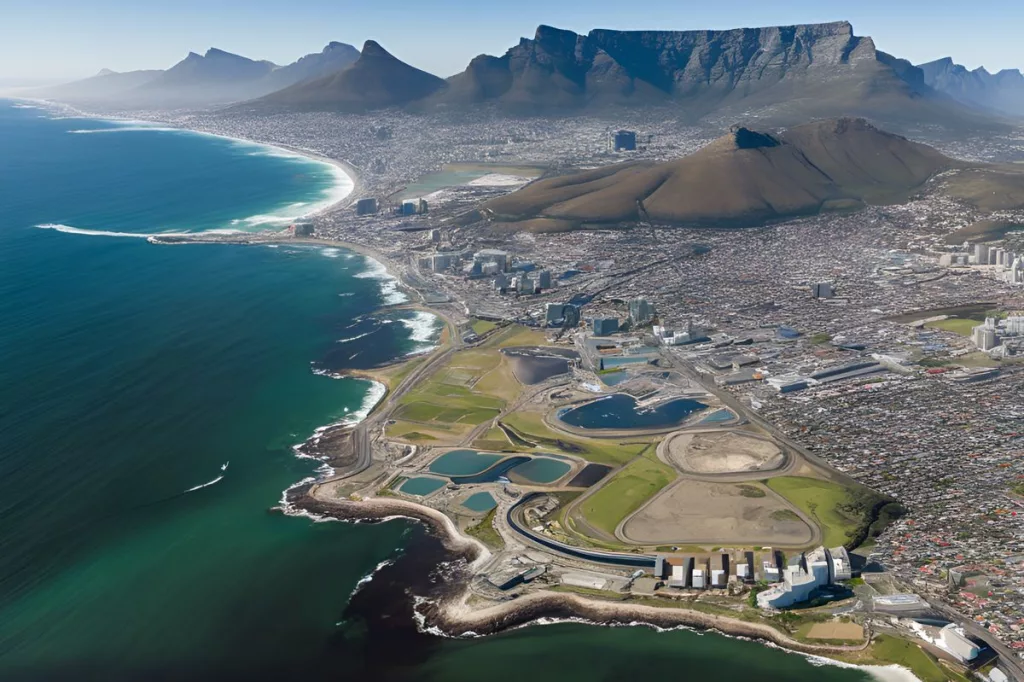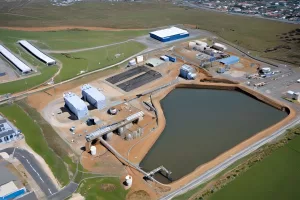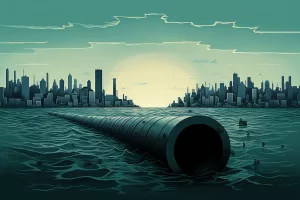Cape Town is facing a serious sewage crisis, with around 32 million liters of untreated sewage flowing into the ocean every day. This pollution threatens the beautiful beaches and the health of people who visit them, especially at popular spots like Camps Bay and Hout Bay. Though the city has started a plan to improve its water systems, experts agree that quicker action is needed to tackle this urgent issue. As Cape Town works to fix its sewage problems, it highlights the need for cities everywhere to find smart and sustainable solutions to protect their environments and communities.
The Koeberg Sewer Pump Station is facing challenges due to sand and foreign debris intrusion, causing regular breakdowns and overflow. The city is addressing the issue by installing a sand trap and screening facility, increasing capacity, acquiring new pumps, and reassessing the berm design. A longterm improvement plan costing R118 million is projected to be completed by 2028. The city has also implemented temporary measures such as a dieseloperated mobile pump and a rising main to manage overflows during peak periods. The goal is to ensure efficient sewage management and protect the environmental health of the Milnerton Lagoon.
Cape Town’s stunning coastline is facing an environmental crisis due to the city’s breach of oceanic sewage discharge regulations into the Hout Bay. The city released over one billion litres of sewage that contained high levels of harmful substances, leading to a surging ecological crisis. However, the city has launched a study to evaluate the practicality and cost of treating sewage before releasing it into the sea, highlighting a renewed dedication to environmental protection. The crisis underscores the delicate balance between pursuing infrastructural efficiency and honouring environmental sustainability commitments.



